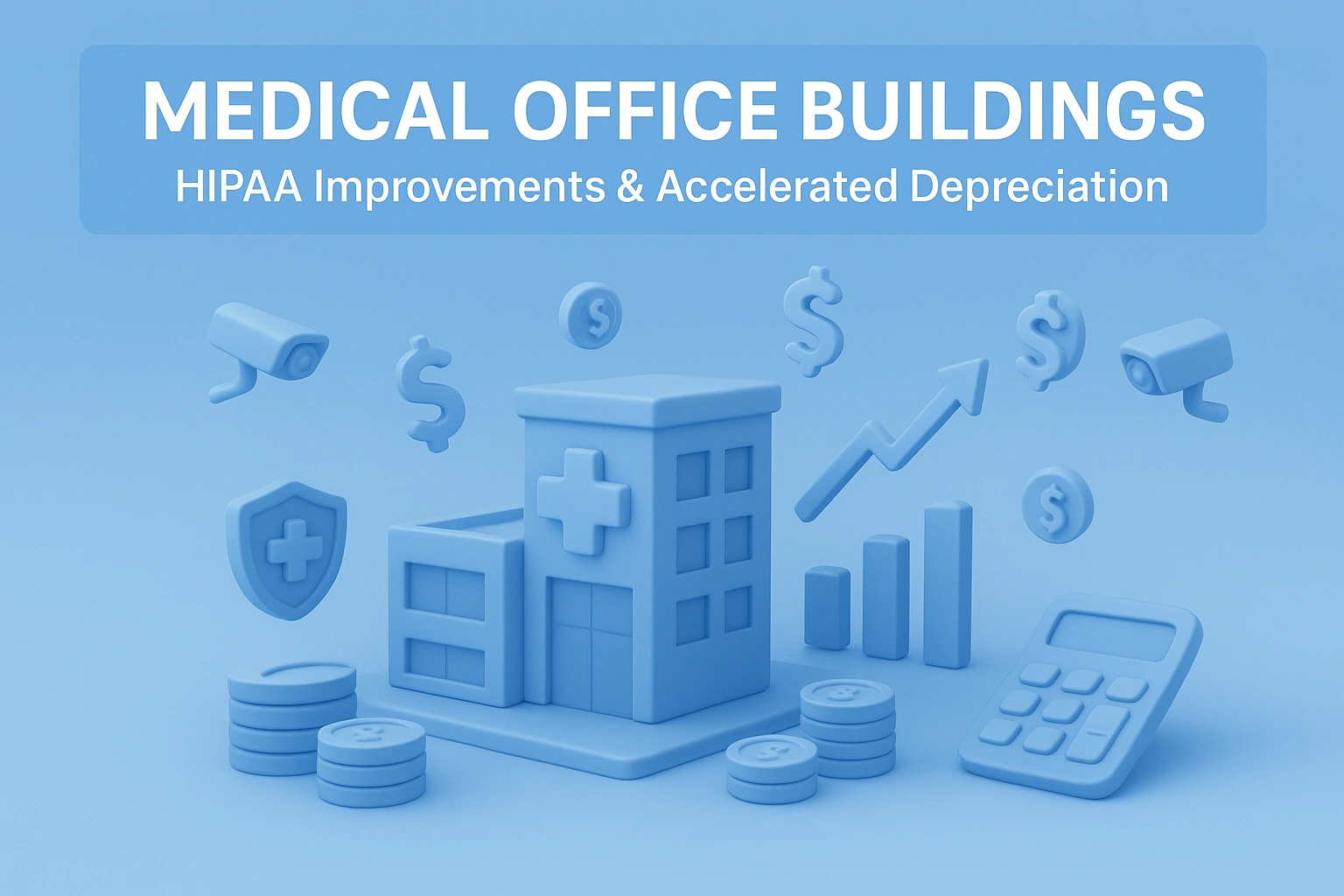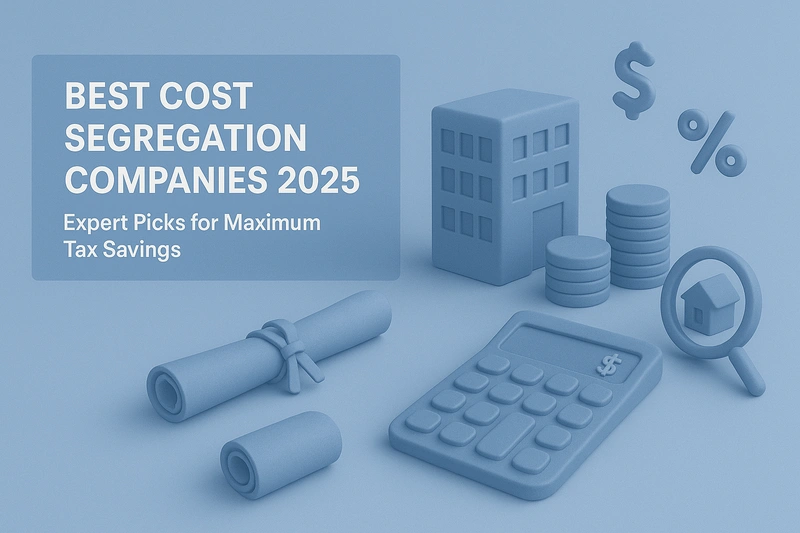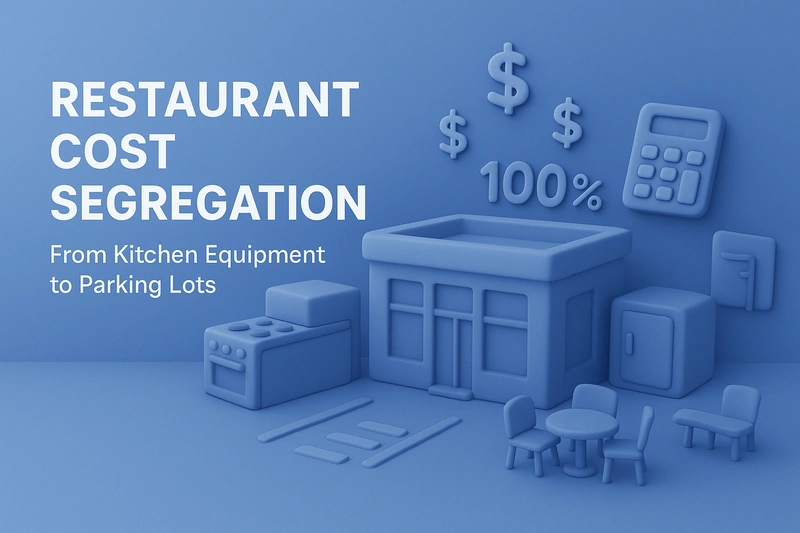Everyone enjoys the sweet benefits of bonus depreciation, but what happens when you sell? People are concerned about recapture when they cost segregate their improvements, and for good reason. Recapture is real, and those deferred taxes will need to be paid. But fear not! If you think ahead, you can minimize recapture with the right tax planning.
What is recapture?
Basically, there's no free lunch when it comes to taxes.
Depreciating property lowers your tax basis. When you go to sell, you're subject to tax on the amount of profit between your adjusted basis and sale price, not your purchase vs sale price.
Recapture is NOT repaying the depreciation. It's a tax on the gain.
How is this calculated?
To set the scene: A cost seg study breaks your property into two important categories:
*1250 "real" property aka the building, foundation and other long life assets.
&
*1245 property aka anything that can be accelerated such as 5, 7, 15 year property like carpets, cabinets, or site improvements. This is most of the depreciation you are taking year one.
You can calculate your depreciation recapture by taking the sale price of the asset and subtracting the adjusted cost basis.
The adjusted cost basis is what you paid for the asset plus any improvements you made along the way minus the depreciation you took along the way.
The profit above this original cost is taxed as a capital gain, but the part linked to depreciation is taxed at a maximum rate of 25% under the unrecaptured gains section 1250.
To recap the tax rates are:
- Sec. 1250 real property: 25%
- Sec. 1245 property and 15 year 1250 property: Ordinary Tax Rates
There are ways to minimize depreciation recapture especially if you know how to work smart with your CPA.
1) Asset Valuation at Time of Sale - sellers can minimize recapture by reallocating the price of the assets on sale. Your old carpet did not become more valuable over the seven years you owned the property, even if you are selling for a gain. Work with your CPA to allocate more value to land and structure. For larger properties, some of our clients run another cost segregation study at the time of sale.
2) Partial Dispositions - taxpayers can carve out and dispose of components removed or demolished from a building. By making partial dispositions, you can also avoid subsequent recapture on these items when you go to sell. Note this election MUST be made in the year of the dispositions.
2) 1031 - there's usually no tax on gains or losses when swapping property for similar property. However, even in an equal exchange, recapture tax might apply. But, if a cost-seg study is done on the old property, you can manage Sec. 1245 recapture tax by doing a study on the new property to confirm it has as much or more Sec. 1245 property.
You cannot swap a fully depreciated gas station for a raw piece of land and avoid recapture - you must replace all the 1245 and 1250 property.
3) OZ - Sure you can defer your capital gains for a few years into an OZ fund, but the magic of OZ investments is the ability to achieve tax-exempt growth after a 10-year holding period. Cost seg depreciation is not subject to recapture here! The compliance on these can be tricky, tread carefully or work with experienced funds.
4) Death - Nothing is certain but death and taxes. For RE owners, death allows you to pass assets to your heirs and step up in basis, effectively eliminating recapture. We generally advise our clients to go ahead and pay the recapture rates if death is the alternative.
The good news about recapture - the deductions are a deferred tax liability to you, and an interest free loan from the government. You will never pay more tax in recapture than what you originally deferred, assuming your personal tax rate stays the same. Borrow the money interest free and compound on 🚀. As always, do your own research and consult your own tax, legal and accounting advisors before engaging in any transaction.






